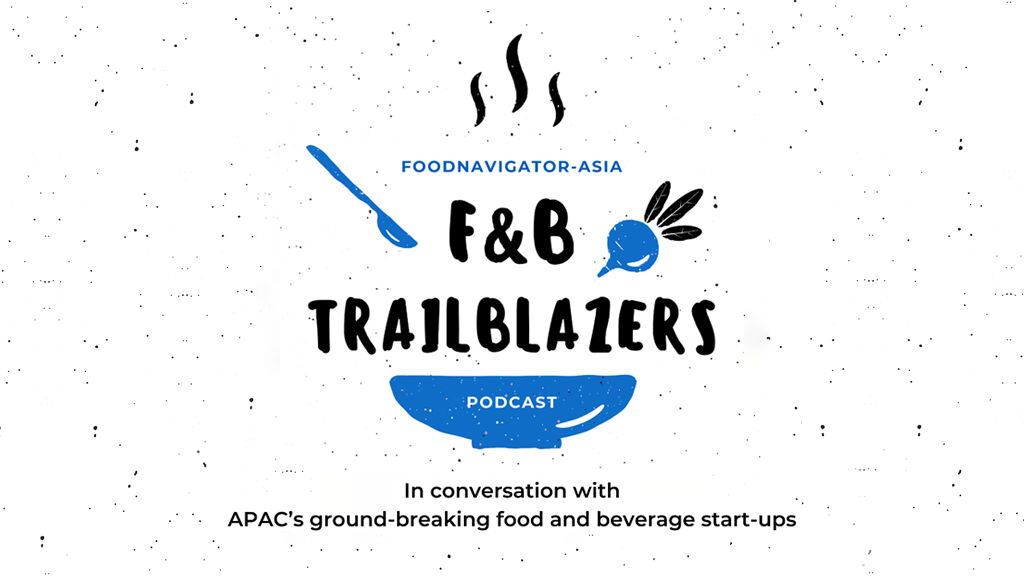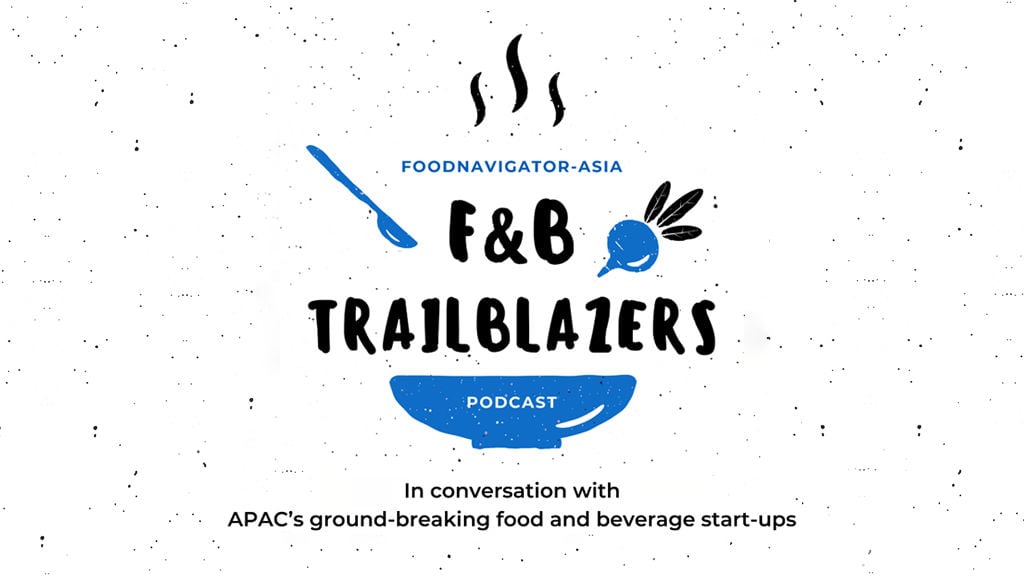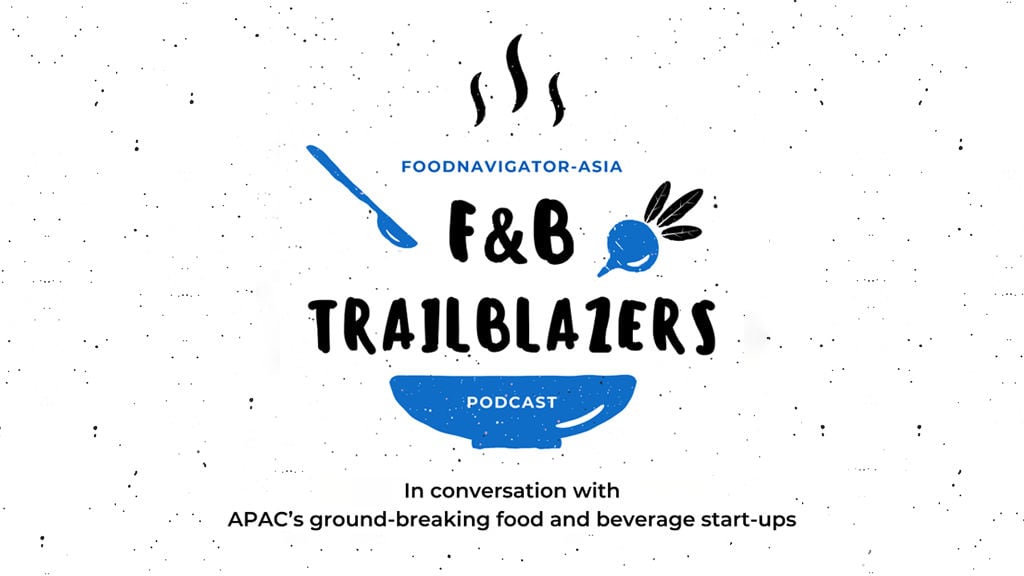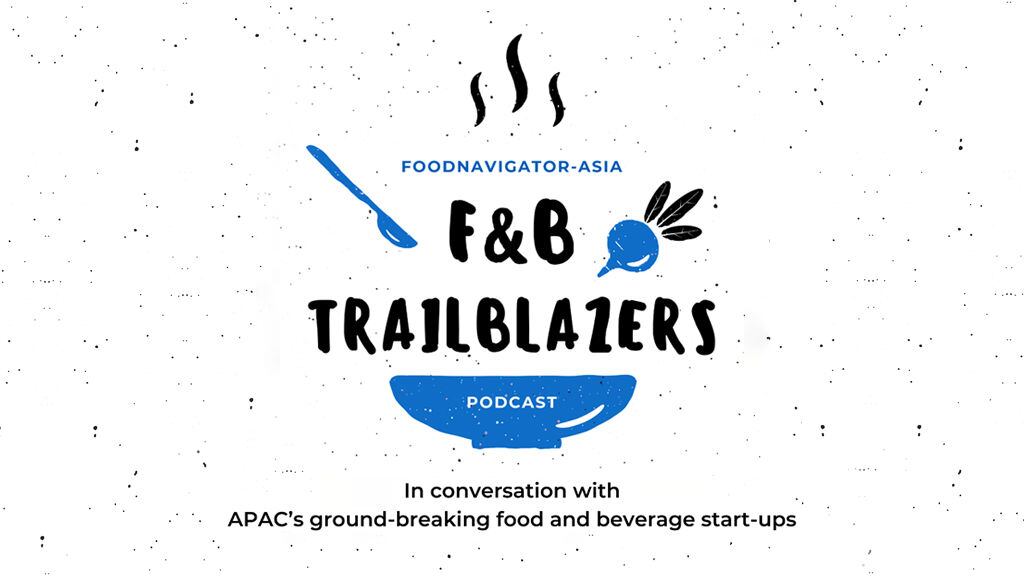That’s the view of Marina Tran-Vu, founder of eco-friendly drink straws firm EQUO, and the latest guest in our Trailblazers podcast.
Vietnam-based EQUO is best-known for creating eco-friendly straws with even higher sustainability and hygiene credentials over current metal or paper straws, which have also been launched internationally in Singapore.
Marina has won the winner of the ASEAN 2021 Young Entrepreneur Award for her work in this area, and has singled out the food and beverage sector in Asia as a very key area for the region as a whole to attain sustainability goals moving forward.
“After entering this industry, the biggest thing that struck me was how aware people are about things they make or use and the impact on the environment – the level of awareness about this within the food industry is truly showing some real progress,” she told FoodNavigator-Asia.
“A lot of people in the food industry are also making the important realisation that they have a huge impact on consumers and the way they can change consumer behaviour [about sustainability] – there’s been a clear shift in this direction, which is wonderful.”
Although it is often thought that the food sector in Asia lags behind the west when it comes to sustainability awareness and innovations, Tran-Vu believes that this is not so.
“I think Vietnam and other countries like Singapore are actually not too far behind the West when it comes to sustainability - it's just different levels of education and action that's taking place,” she said.
“What I mean by that is, that in the West, there's a lot of talk about sustainability and also a lot of laws coming into place - but when it comes to the various acts of sustainability and also sustainable materials, actually over in Asia there's a lot more variety that's available and a lot more adoption that's taking place on a daily basis, even without the larger social movement or government intervention, [just being implemented] in different facets.”
Tran-Vu also highlighted that although many firms are currently working on sustainable packaging, the question of compostability versus biodegradability and recyclability needs to be addressed to do the greatest good.
“There's a lot of confusion nowadays with recyclable, compostable, biodegradable and what's really good for the environment,” she said.
“At the end of the day, we chose compostability over biodegrading or recycling primarily because anything can actually be biodegradable, as long as it breaks down - That's really the definition of it. But being compostable means it can break down into organic compounds, which don't cause as much harm to the planet, and there’s a difference there.”
She also opened up about the challenges that EQUO has faced in battling ‘legacy’ straws in retail stores.
“Plastic and paper have been around for decades and allowed to be mass commercialised into other different materials as well so obviously, the costing on those materials is much more efficient and lower than newer materials, despite any sustainability advantages,” she said.
“We also do have to fight against a lot of the red tape quite a bit [when it comes to] entering larger companies, and also a lot of the legacy around using previous materials like paper and plastic.
“We do aim to build whole sustainable categories in large supermarket chains such as Walmart or FairPrice in Singapore, and to get into foodservice chains like KFC and McDonald’s too – and I am confident as our solutions are definitely better than current solutions.”
Listen to the podcast above to find out more.





